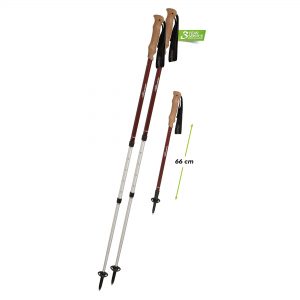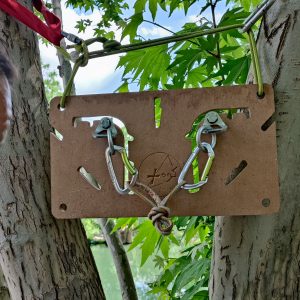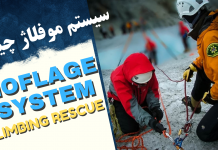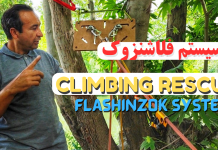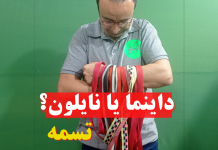[ad_1]
Mountain Skills: The most common group dynamics
The latest in our series of extracts from the UIAA Alpine Skills Summer handbook focuses on group dynamics and forms part of a chapter dedicated to ‘Leading a Group’ which tackles the way people behave and relate to others in an exacting environment which can elicit unexpected aspects of people’s personalities.
Groups are their own creatures, and group members with the greatest charisma, authority or self-assurance will set the tone. Some groups are very cautious, while others are quite bold or reckless. Although the trip leader can be influenced like any other group member, he/she needs to quickly gain a sense of the group’s temperament to keep things running smoothly. It is important to recognize and understand the most common types of group behaviour.
False sense of security: The larger the group, the more secure each individual feels. The additional skills and energy of the collective provide an illusion of power/ strength. Responsibility for the group is not as clear in groups of four or more people. The group leader must not let themselves be lulled into a false sense of security; they should also keep in the mind the importance of delegating responsibilities.
Responsibilities are not clearly defined: This frequently occurs when there are several group leaders or when multiple group members possess a similar skill level. Nobody assumes responsibility for decisions—everyone relies on the expertise of others. Decisions are ambiguous or not thoroughly discussed. The group follows the route haphazardly, which creates a situation ripe for accidents.
Group pressure: varies depending on participants’ goals and aspirations. This is difficult to avoid. Understanding each participant’s motivations from the outset allows the leader to recognize the group’s temperament and evaluate possible pressures (“Our friends summited last week,” “We always head out regardless of the weather,” etc.). Before making a decision, recognize group pressure.
Maintaining an ongoing pleasant atmosphere: a group naturally seeks to maintain an amicable atmosphere. However, some decisions may jeopardize this congenial mood. A leader must resist this pressure and be able to make decisions that ensure the group’s safety, even if he/she knows they’ll be unpopular.
This is the second article in our Alpine Summer Skills series. The entire UIAA Alpine Skills Summer handbook is now available to purchase as a digital download. The download also offers access to free upgrades to the guide. To purchase the guide please click here.
About the UIAA Alpine Skills Summer Guide
The UIAA Alpine Skills Summer guide was first published in 2015. Produced in collaboration with the Petzl Foundation, the guide and has been well received worldwide and is currently available in five languages. To mark the launch of a digital version of the publication, the UIAA is running a series of articles from the guide designed to help hikers, climbers and mountaineers develop their skills and knowledge of the mountain environment.
The guide was developed specifically as a reference document for trip leaders and instructors of club and federations within the UIAA – an aide memoire for climbers and mountaineers who attend training courses delivered by instructors and guides who have gained qualifications accredited by the UIAA. Now open to the wider climbing and mountaineering world, the handbook’s four modules focus primarily on summer activities. However, a specific winter guide is currently in production.
The digital edition of Alpine Skills: Summer, a downloadable application which permits free updates to content, can be purchased here.
The English-language version of the Alpine Skills: Summer guide was translated by the Alpine Club of Canada (ACC).
TRAINING & SKILLS PARTNER
[ad_2]




